First bold, then opportunistic: Switzerland’s inconsistent response to the war in Ukraine
Zurich, Lausanne, 21th February 2025
Switzerland’s main political response to the invasion of Ukraine on 24th February 2022 was to adopt EU sanctions against Russia. A total of 15 sanction packages have now been passed. Switzerland has adopted all of them, with one significant exception to a provision. However, Switzerland refuses to implement them consistently.
Many of these measures directly affect the Swiss trading hub, which was closely linked for decades to Russian commodity companies and their billionaire owners. The degree of determination and effectiveness demonstrated by Switzerland in implementing the sanctions is therefore an indicator of how serious the country’s Government and Parliament are about supporting the Ukraine coalition, but also about ensuring the integrity and transparency of its notorious commodity sector. The to-ing and fro-ing going on since 2022 indicates that decision makers still prefer to look the other way – at least when resistance is manifested by those being sanctioned.
Switzerland on track after initial hesitation
Three days after the invasion, Guy Parmelin, Switzerland’s minister for the economy, still hoped to be able to continue with the strategy that Switzerland had pursued since the annexation of Crimea eight years previously: not adopting any of the various EU sanctions, but at least ensuring that they were not circumvented via Switzerland. This meant in practice, for example, that banks did not have to block the accounts of sanctioned persons but only report them. On 28th February, this approach collapsed because the Russian attack on Ukraine had escalated even further, resulting in increased pressure both at home and abroad.
The Swiss Federal Council then decided to fully adopt the EU sanctions.
 ©
Shutterstock
©
Shutterstock
One of the first measures that Switzerland implemented was to impose an entry ban and asset freeze on natural persons and an import ban on goods from the occupied territories. The asset freeze was targeted in particular at the Russian business elite, who had, to a considerable extent, acquired their wealth through the privatization of formerly state-owned commodity companies following the collapse of the Soviet Union.
In response to the atrocities committed in Bucha, a ban was imposed on the import of, and trade in, Russian coal in early April, followed later by similar measures against oil, gold and diamonds. These measures had a direct impact on Switzerland as a commodity trading centre, as the adoption of EU sanctions meant that Swiss commodity traders, for the first time, faced restrictions in key business areas.
Putin’s Zug-based coal-fired power plant still in operation?
Let’s take the example of coal. When the invasion began, 75 percent of Russian exports of this energy commodity were still being sold through companies in Switzerland. The majority of the companies located in the canton of Zug and in eastern Switzerland are primarily the trading arms of large Russian mining companies – but in some cases also their head offices. Their names are SUEK, Elga Coal or Sibanthracite Overseas. Although the sanctions did not fully ban their business, they massively curtailed it. Today, these companies continue to exist but have changed their names. They now go by innocuous names such as TerraBrown, Trading Solutions or Pacific Commodities.
No-one really seems to want to know what role these companies are currently playing in the sale of Russian coal. When we had a look on the ground in Spring 2023, all the offices were occupied and there were no external signs of their operations being restricted or of any closures. The prime concern of the cantonal authorities in Zug was to minimize the impact of the sanctions on their business location. Over the years, we have repeatedly highlighted this situation to the State Secretariat for Economic Affairs (Seco) – the Swiss federal office which in addition to economic promotion is also responsible for sanctions – without receiving any response.
-
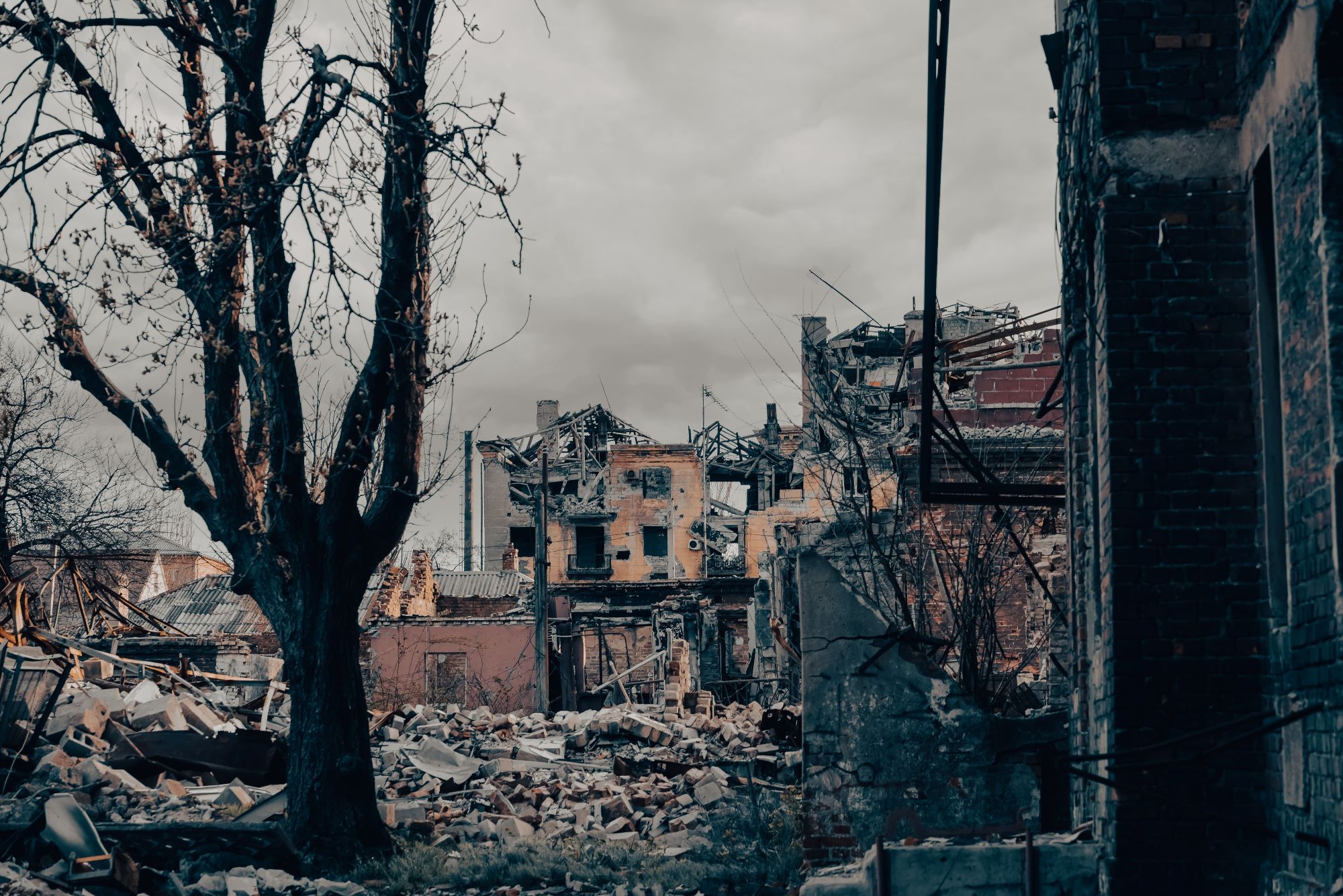 ©
Shutterstock
©
Shutterstock
-
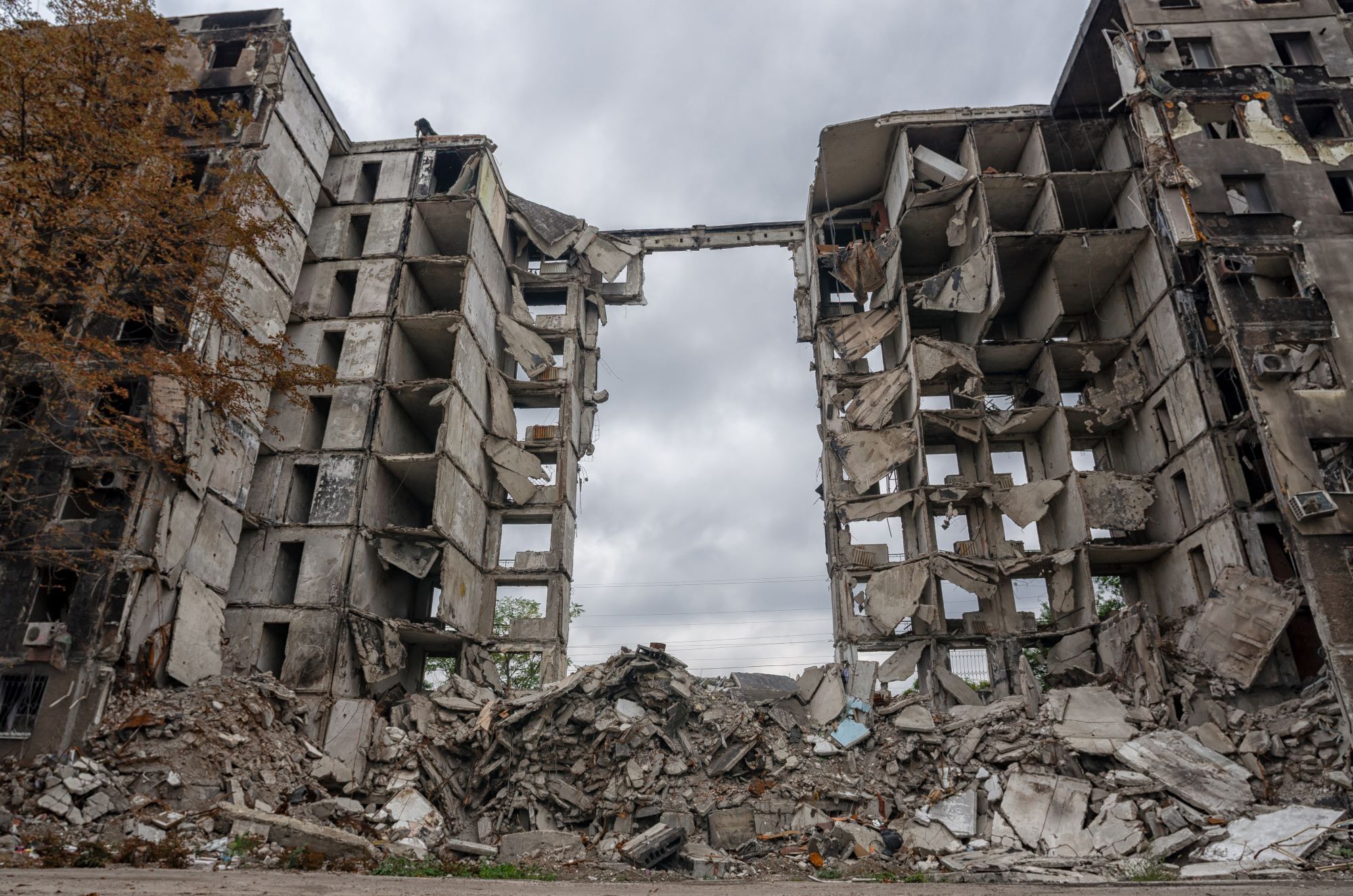 ©
Shutterstock
©
Shutterstock
-
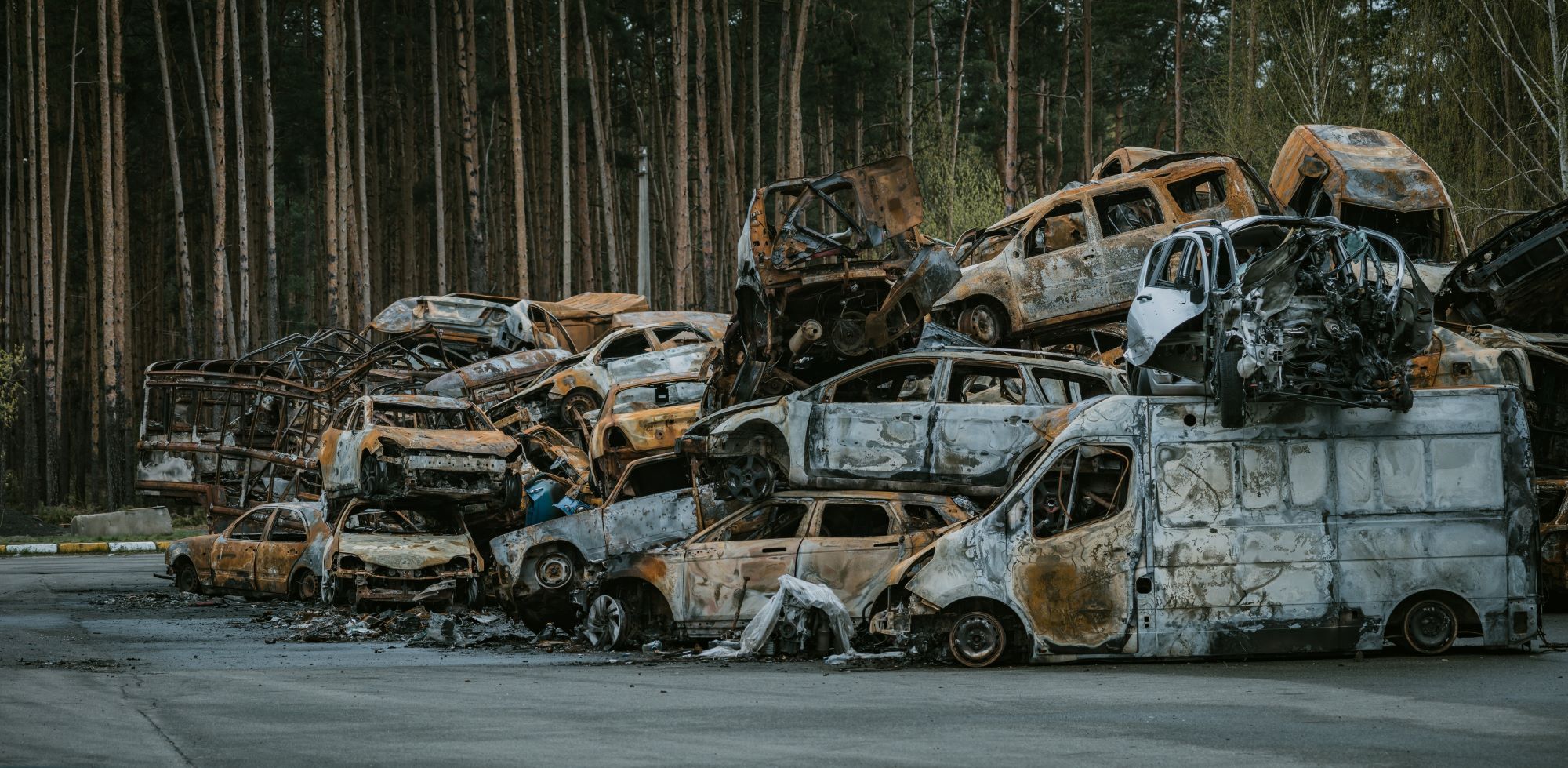 ©
Shutterstock
©
Shutterstock
Shadow fleet for Russian oil
In Summer 2022, Brussels imposed an embargo on the import of Russian oil, Moscow’s largest source of income by far. To prevent the global oil market from descending into chaos and to ensure that energy costs remained under control, the EU and other Western countries decided to set a price cap on the ship-based trade in this precious commodity. Switzerland also adopted this measure, which allows companies to continue selling Russian oil to states that have not imposed sanctions, but only up to a certain price (initially 60 US-Dollars per barrel). This was intended to cut Russian revenues without driving the global oil price through the roof.
It was clear from the outset that this complex measure would only be effective if it was enforced with strict controls and consequences. This would have been particularly relevant to Swiss commodity companies, which had traded 50 to 60 percent of all Russian oil until the invasion, mainly via Geneva.
However, Swiss authorities remained far too passive at the time.
Other countries, like the United Kingdom, drew up detailed guidelines on the documents that traders had to present to prove that they were adhering to the price cap. Sanctions were also later imposed on a number of ships that had ignored or deliberately dodged the measure. However, the Swiss sanctions authority Seco took no such action, naively relying on the fact that the relevant Swiss companies would comply with the EU recommendations anyways.
 ©
Shutterstock
©
Shutterstock
In the meantime, the oil traders did not sit idly by. They systematically evaded the grasp of Western states. First of all, the Russian government bought up a fleet of probably more than 600 old and often decrepit tankers, in order to ship the oil to its new client base without involving Western shipping companies, financiers and insurers (which all have to comply with the sanctions). Various incidents have shown that this “shadow fleet” is becoming an ever-growing environmental and security risk.
Secondly, Swiss traders started using their partially newly founded branches in Dubai because the Emirates did not adopt sanctions against Russia. According to Swiss legislation, sanctions don’t apply to “legally independent” subsidiaries abroad. It’s not possible, however, to say to what extent these companies actually operate independently – i.e., no decisions from Switzerland are being implemented and there is no flow of money back and forth. The Swiss authorities would have had to make an effort to shed some light on this black box. However, the political will was lacking.
Following domestic and foreign pressure, Seco at least investigated the case of the Geneva-based oil trader Paramount, where the sanctions were allegedly being undermined via a subsidiary in Dubai.
Open ears for commodity traders
In Autumn 2024, the Federal Council could have closed this loophole. With the full adoption of the 14th package of sanctions, Swiss companies would have had to oblige their subsidiaries abroad not to undermine the sanction. This measure was aimed directly at the commodity sector. Its adoption by Switzerland – where even the Office of the Attorney General was now investigating such cases – would have been particularly important. Unfortunately, the Federal Council did not care for this, provision.
This is the first time Switzerland refused to adopt a relevant measure from an EU sanctions package, which provoked criticism from abroad.
The controversial exemption was justified on the grounds of avoiding “legal uncertainty”. This “uncertainty” – or rather the work load required to alleviate it in the form of clear instructions – outweighed the opportunity to close the loophole. A loophole which had long been identified, and which had been very conducive to the trade in Russian oil, previously carried out via Geneva and now via Dubai.
The government’s decision leaves a particularly unpleasant aftertaste .given that the business association of commodity traders, Suissenégoce, had pressured Seco for this laissez-faire approach using the exact same arguments.
Don’t jeopardize the business model
One likely explanation for this opportunistic policy of promoting Switzerland as a business location and ignoring the associated reputational risks, is that commodity trading now accounts for around 10 percent of Switzerland’s GDP. Not to mention the fact that the profits made by Glencore, Trafigura & Co have seen a huge rise again due to the Russian invasion of Ukraine, which has added millions more to the state coffers, as confirmed recently by Finance Minister Karin Keller-Sutter. However, unlike the EU, Switzerland did not want to impose an excess profits tax on these crisis profits.
Equally, Switzerland does not want to restrict the trade in goods from the occupied Ukrainian territories.
While their import is banned, trading remains legal despite the massive plundering of grain carried out by Russia’s occupying forces. In 2023, a Zug-based commodity trader had likely traded plundered wheat. The research showed that Swiss traders had yet to prove that they carry out enhanced due diligence when doing business in the context of a war.
-
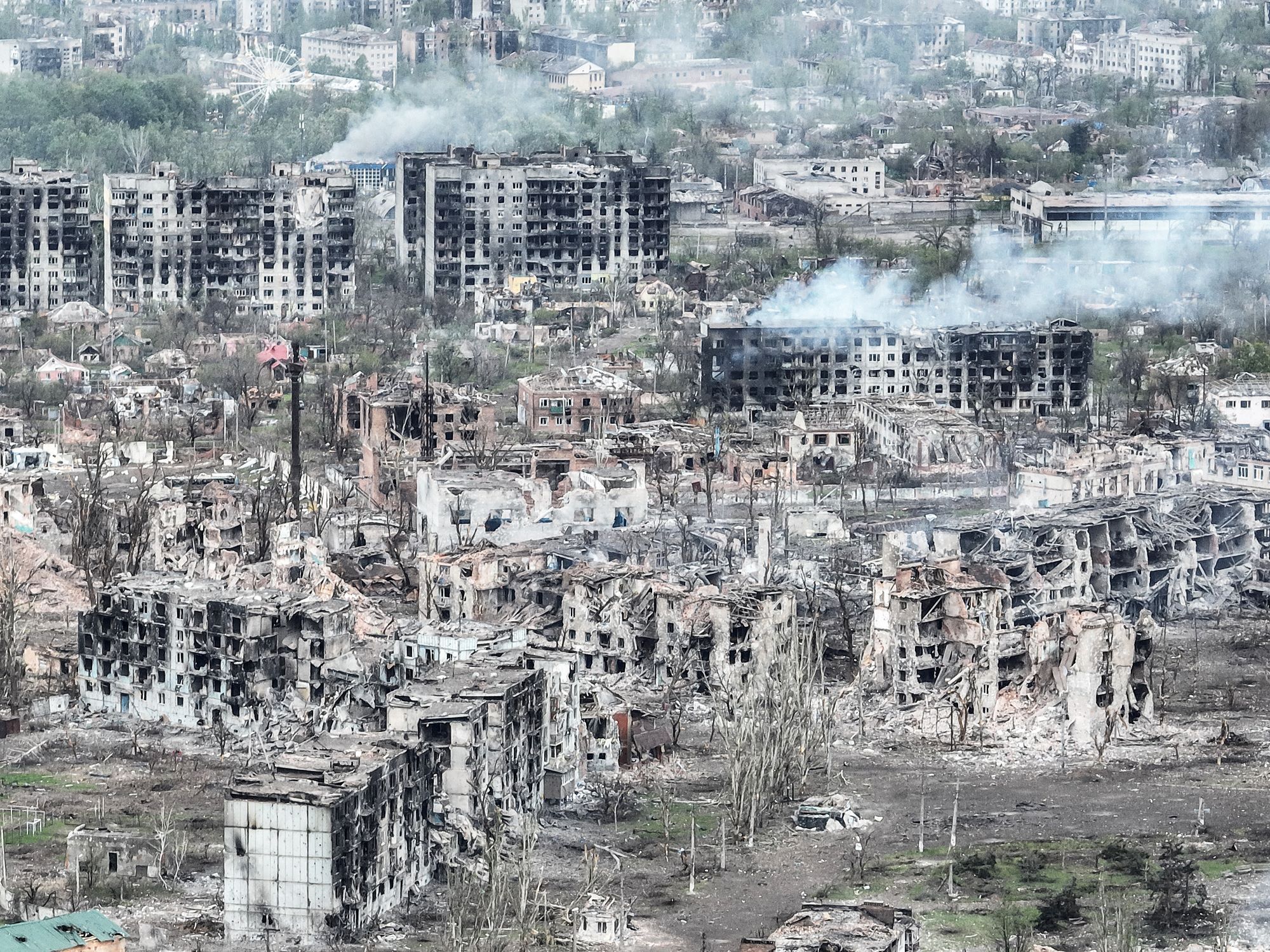 ©
Shutterstock
©
Shutterstock
-
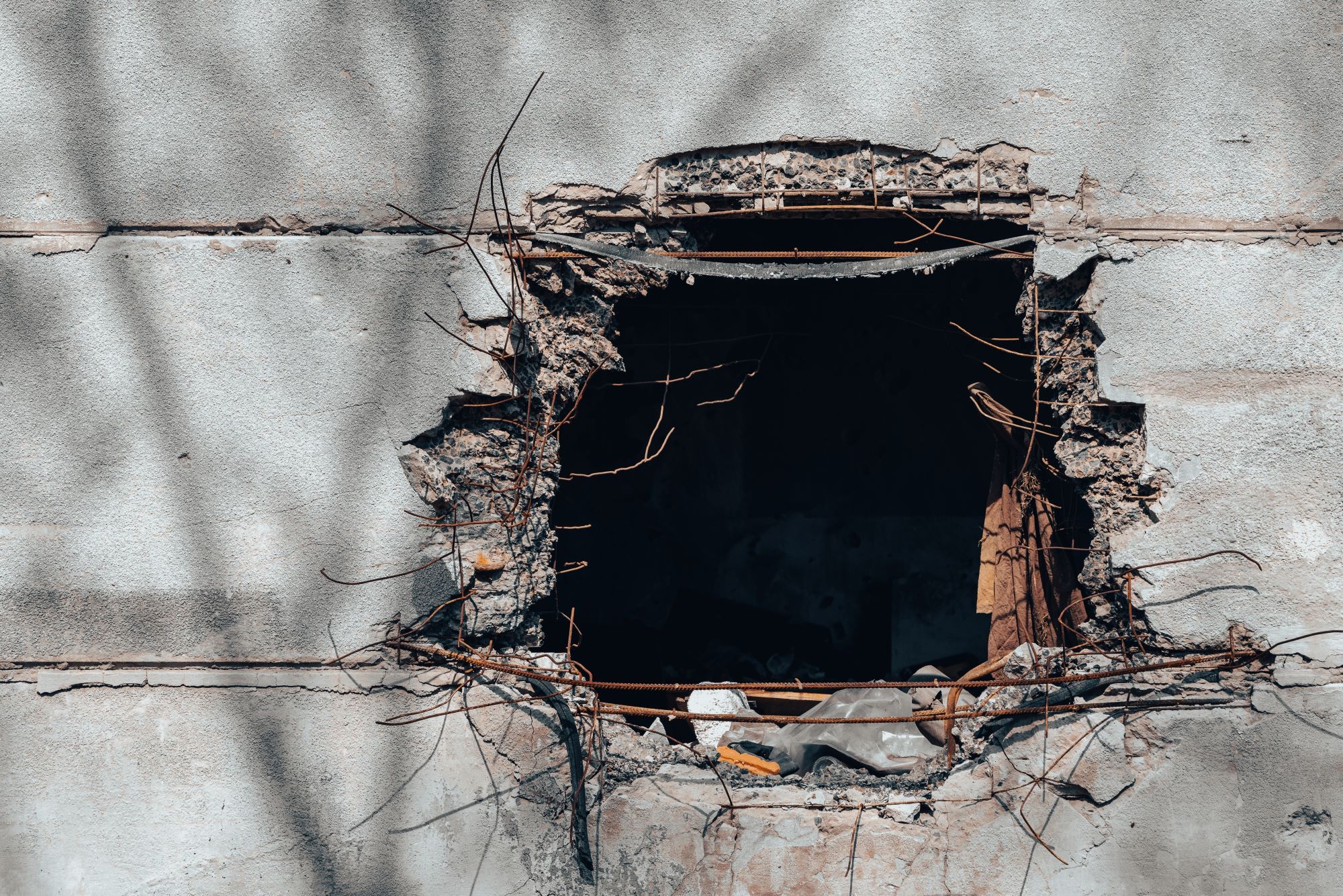 ©
Shutterstock
©
Shutterstock
-
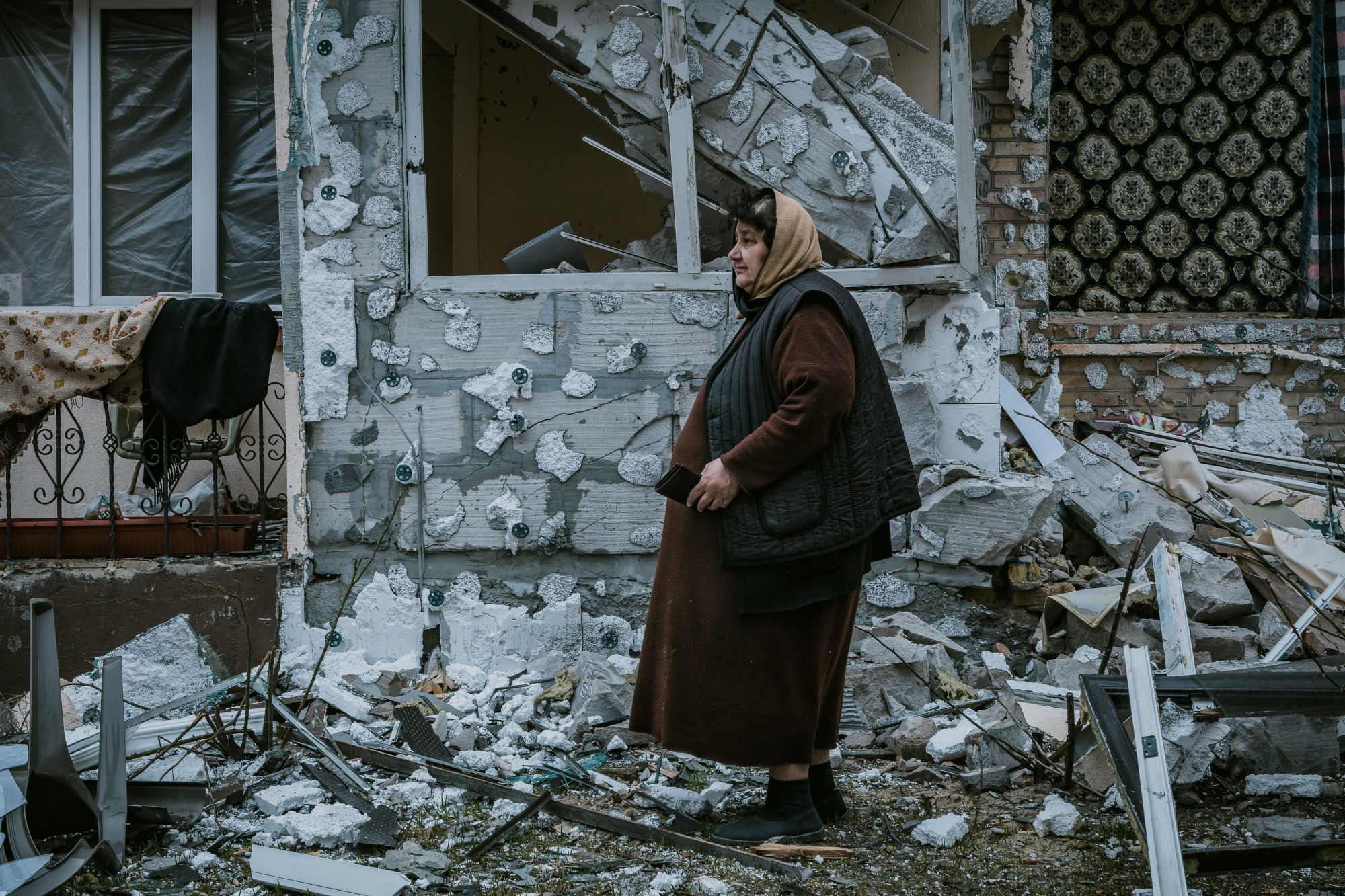 ©
Shutterstock
©
Shutterstock
Three years after the decision to respond to Russian violations of international law and alleged war crimes with sanctions, is Switzerland slipping back into old habits? Will it continue to leave the commodity trading hub to its own devices and dispense with the overdue legal provisions? The Federal Council has officially and repeatedly recognized its geopolitical significance and various risks. However, to this day, it still refuses to keep them in check.
This is why Parliament needs to take action to rectify this situation. During its forthcoming Spring session, the Council of States will have the opportunity to accept the adoption of a long overdue legal provision regulating the commodity sector. This could define, among other things, due diligence and transparency obligations for the handling of commodities from high-risk areas or business dealings with politically exposed persons – such as Russian oligarchs.
Against the backdrop of the war in Ukraine, international pressure has been ramped up once again on Switzerland for it to keep the risks associated with its commodity trading hub in check.
Switzerland must put an end to its passive stance and take political responsibility by keeping a tighter rein on the commodities sector.

